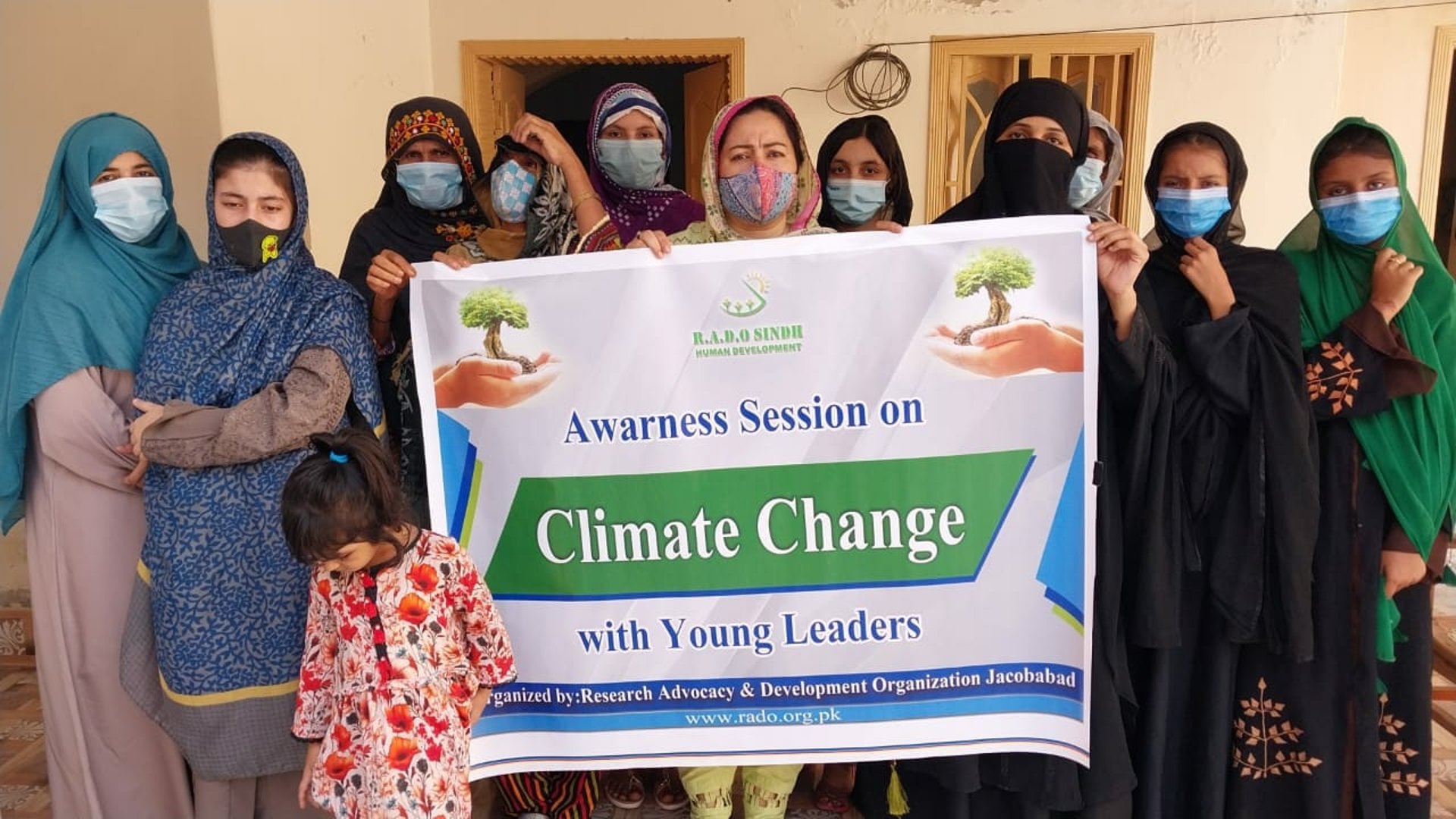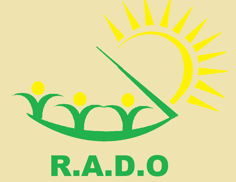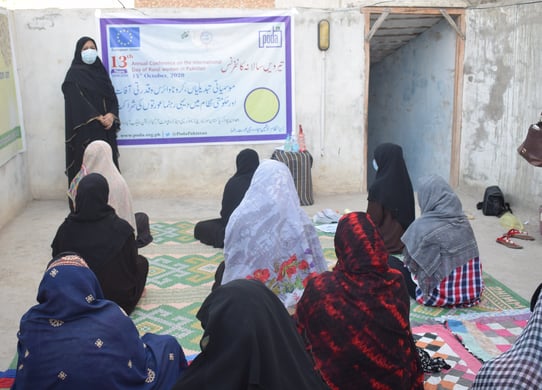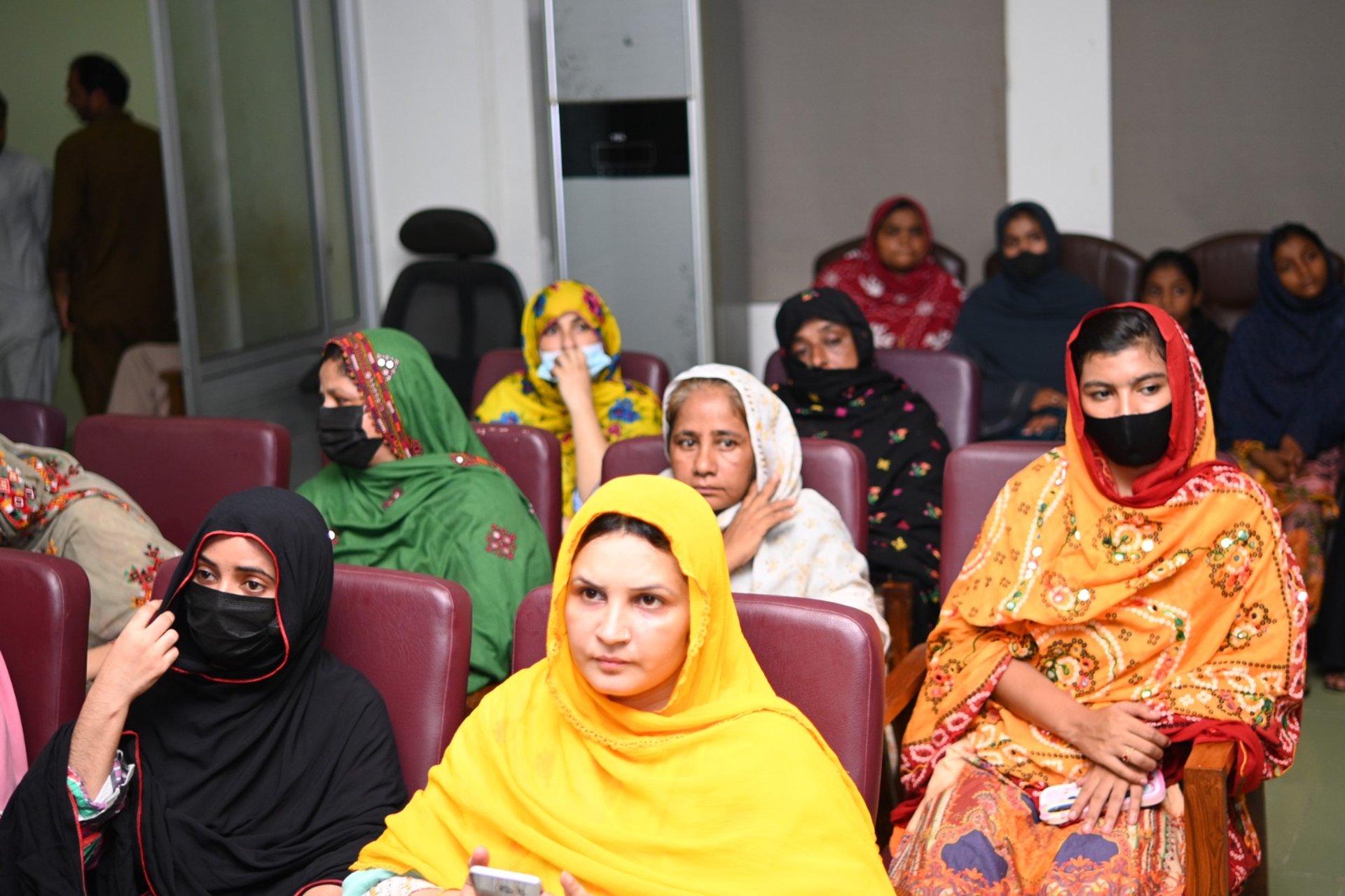WELCOME TO THE
Research Advocacy & Development Organization (RADO)



Introduction
The Research, Advocacy & Development Organization (RADO) Sindh is a grassroots NGO based in Jacobabad, Pakistan, committed to empowering marginalized communities through research, policy advocacy, and inclusive development. Since 2009, RADO has worked across education, health, human rights, disaster response, and gender equality, using participatory approaches to drive sustainable social change. Guided by democratic values, human dignity, and community mobilization, RADO envisions a just, peaceful, and self-reliant society.


Mission Statement
RADO Sindh is committed to empowering marginalized communities by addressing social, economic, environmental, and political challenges through evidence-based research, inclusive advocacy, and participatory development. We prioritize human rights, climate resilience, gender equality, education, health, and disaster preparedness to promote long-lasting, people-centered change.
Vision Statement
To build a just, inclusive, climate-resilient, and self-reliant society where every individual—regardless of gender, ability, or social status—enjoys equal rights, opportunities, and dignity in a peaceful and sustainable environment.

Our Objectives
Promote and protect the rights of disadvantaged groups, especially women, children, persons with disabilities, and minorities.
Advocate for accessible education, improved healthcare, and gender equality in underserved communities.
Address the impacts of climate change through community-based adaptation, awareness, and sustainable environmental practices.
Enhance community preparedness for natural disasters and climate-related emergencies.
Support sustainable livelihoods and promote environmentally responsible resource management.
Provide legal support and protection for vulnerable populations facing injustice and exploitation.
Strengthen youth and women’s role in development through capacity building and leadership development.
Mobilize communities for social change, climate action, and human rights protection.
Core Values
Equity & Inclusion – We ensure equal rights and opportunities for all, especially the most vulnerable.
Sustainability & Climate Responsibility – We commit to environmental protection and resilience in the face of climate change.
Transparency & Accountability – We maintain integrity and openness in all our work.
Community Empowerment – We value participation and ownership by communities at every stage of development.
Respect for Human Rights – We uphold dignity, justice, and freedom for all individuals.
Gender Equality – We advocate for equal roles, rights, and responsibilities across all genders.
Innovation & Evidence-Based Action – We use research and learning to drive meaningful, measurable change.
Our Strategy
Community Mobilization & Awareness – Raise awareness on climate change, rights, health, and gender equality through participatory outreach.
Advocacy & Policy Engagement – Promote climate-resilient policies and human rights-based development through research and dialogue with stakeholders.
Capacity Building – Train communities, youth, and local organizations on disaster risk reduction, sustainable practices, and resilience.
Climate Adaptation & Environmental Action – Implement projects focused on clean energy, water conservation, reforestation, and eco-friendly livelihoods.
Partnerships & Networking – Collaborate with NGOs, government agencies, and climate-focused networks for greater impact.
Integrated, Resilient Development – Address health, education, livelihoods, and environment in an interconnected, holistic manner.
Research & Data-Driven Interventions – Use field-based research to inform decisions and adapt to evolving environmental and social challenges.
Thematic Areas
RADO Sindh works across a diverse yet interconnected set of thematic areas to promote inclusive, rights-based, and climate-resilient development in marginalized communities of Sindh. These areas guide our programming, advocacy, and partnerships:
Human Rights Education & Advocacy
Promoting awareness and protection of human rights, with a focus on vulnerable groups including women, children, minorities, and persons with disabilities.Women’s Empowerment & Gender Equality
Enhancing women’s roles in decision-making, economic development, education, and political participation while combating gender-based violence and discrimination.Child Rights & Protection
Safeguarding children’s rights, especially during emergencies, and advocating for their education, health, and well-being.Education for All
Facilitating access to quality education with a focus on girls' enrollment, school retention, and community-based learning models.Community Health & Nutrition
Improving maternal and child health, reproductive health, hygiene awareness, and nutrition through community outreach and services.Climate Change Adaptation & Environmental Protection
Raising awareness on climate risks, promoting eco-friendly practices, protecting natural resources, and supporting community-led environmental solutions like water conservation, afforestation, and clean energy.Disaster Risk Reduction & Emergency Response
Building community resilience to natural disasters and climate-related hazards through preparedness training, response mechanisms, and post-disaster recovery support.Livelihoods & Economic Empowerment
Creating sustainable income opportunities through skills training, local enterprise development, and support for landless farmers and women entrepreneurs.Water, Sanitation & Hygiene (WASH)
Ensuring access to safe drinking water, improved sanitation facilities, and hygiene education in rural and underserved areas.Research, Policy Dialogue & Publications
Conducting evidence-based research on social, economic, and environmental issues to inform public policy, advocacy, and community action.Youth Development & Civic Engagement
Empowering young people through education, leadership training, social innovation, and community service
